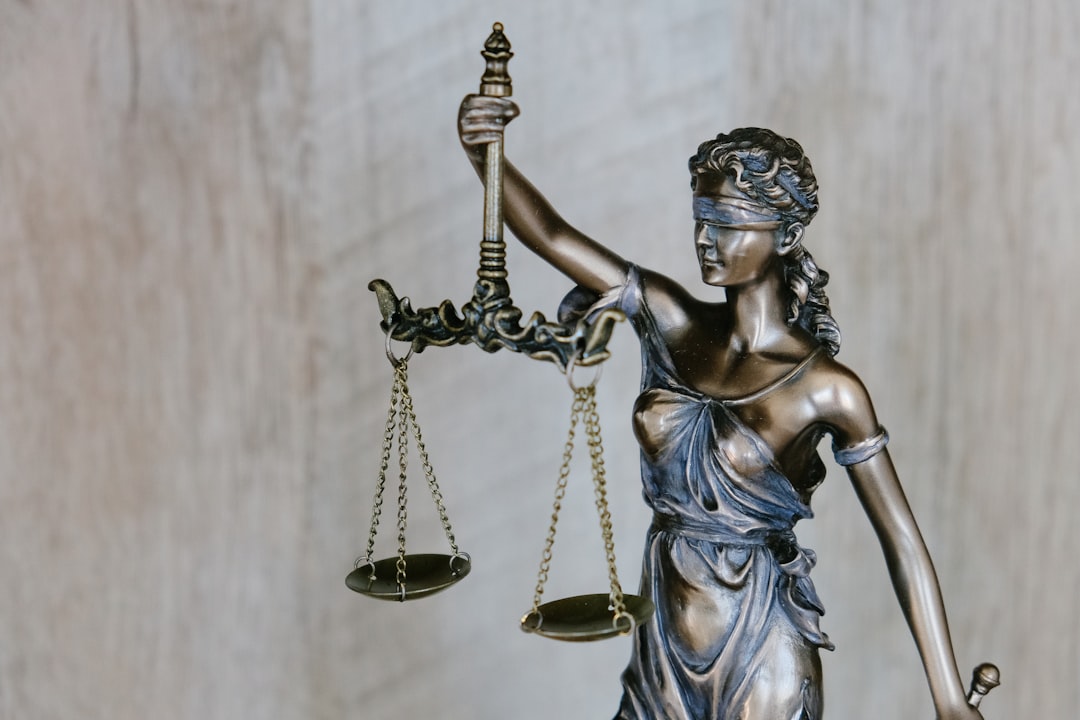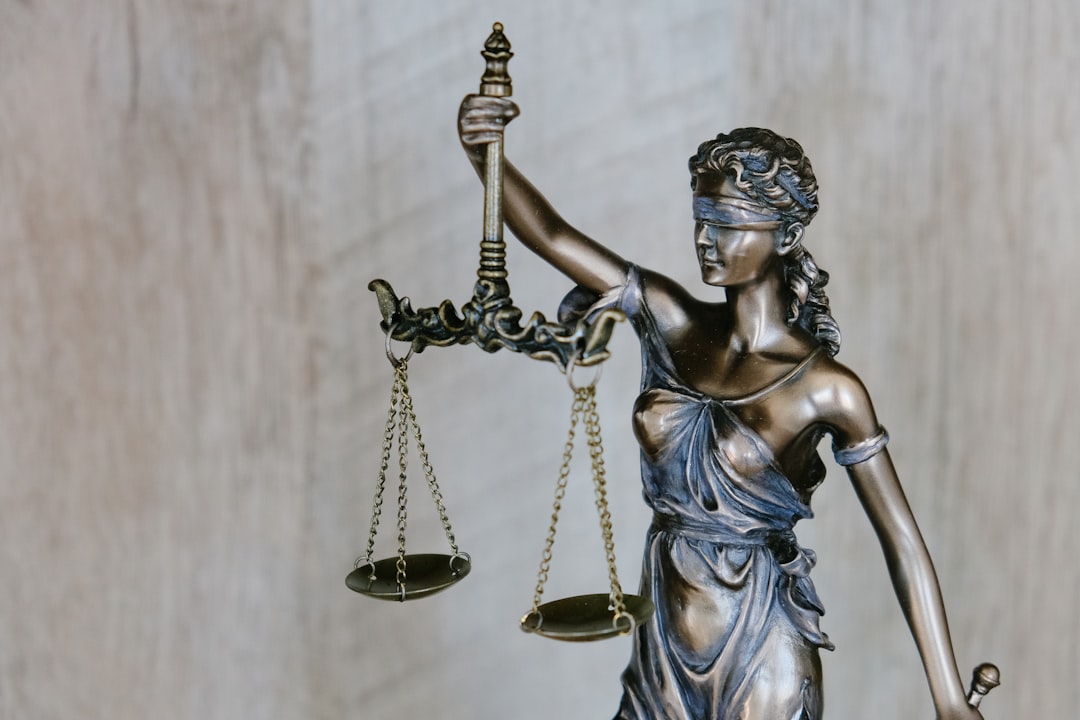Legal Support for Sexual Abuse Victims in Connecticut
If you or someone you know has experienced sexual abuse, understanding your rights and options is crucial. This guide aims to empower survivors by detailing the legal landscape in Connecticut. From recognizing your rights to navigating complex lawsuits, we provide insights into the process. We emphasize the significance of timely reporting and explore both criminal and civil avenues for justice. Additionally, discover available support services tailored to survivors’ needs, ensuring a comprehensive approach to healing and recovery with the help of a sexual abuse lawyer Connecticut.
Understanding Your Legal Rights in Connecticut

In Connecticut, victims of sexual abuse have legal rights and protections that they can leverage for justice and healing. The first step is to understand what these rights entail. If you or someone you know has experienced sexual assault or harassment, it’s crucial to consult with a sexual abuse lawyer Connecticut residents trust. These professionals are equipped to explain the legal options available under Connecticut law, which may include filing criminal charges, pursuing civil litigation for damages, or accessing support services like counseling and medical care.
A sexual abuse lawyer in Connecticut can guide you through the complexities of the legal system and ensure your rights are protected. They will help you navigate the process, from reporting the crime to seeking compensation for any physical, emotional, or financial harm suffered. Understanding your legal standing is a critical aspect of recovering from trauma and ensuring that justice is served.
The Importance of Timely Reporting Sexual Abuse

Reporting sexual abuse in a timely manner is crucial for several reasons, especially when seeking legal support from a sexual abuse lawyer Connecticut. Prompt reporting allows authorities to gather essential evidence and preserve digital trails, which can significantly strengthen cases. It also facilitates early interventions that can help victims cope with trauma and receive the necessary support, including counseling and medical care.
Furthermore, timely reporting increases the chances of holding perpetrators accountable. Many legal processes require immediate action, and waiting too long could hinder investigations or make it more difficult to prove the case in court. A sexual abuse lawyer Connecticut will advise victims on the best course of action, ensuring their rights are protected and they receive the justice they deserve.
Navigating Criminal and Civil Lawsuits Against Abusers

Navigating criminal and civil lawsuits against abusers is a complex process, especially for survivors of sexual abuse in Connecticut. It’s crucial to understand that both criminal and civil legal avenues can provide justice and closure. A sexual abuse lawyer in Connecticut can guide victims through this challenging journey.
In a criminal lawsuit, the focus is on holding the abuser accountable through the criminal justice system. A sexual abuse lawyer will help gather evidence, build a strong case, and advocate for charges to be brought against the perpetrator. In contrast, civil lawsuits aim to provide compensation for harm suffered. Survivors can seek damages for physical and emotional injuries, lost opportunities, and other losses incurred due to the abuse through a civil lawsuit, with the assistance of a dedicated sexual abuse lawyer in Connecticut.
Support Services Available for Survivors in Connecticut

In Connecticut, survivors of sexual abuse have access to a range of support services designed to aid in their healing journey. Many organizations operate with dedicated legal and emotional support teams, offering confidential counseling, advocacy, and representation. These services are crucial for navigating complex legal processes and understanding one’s rights as a victim. A sexual abuse lawyer in Connecticut can play a pivotal role by providing specialized knowledge, ensuring proper documentation, and representing the survivor’s interests throughout legal proceedings.
Supportive networks include non-profit organizations with hotlines, legal aid programs, and community centers that offer safe spaces for victims to share their stories and receive assistance. These initiatives foster a sense of community and empowerment, encouraging survivors to take control of their healing process. With access to such resources, individuals can pursue justice while receiving the necessary care and guidance.





